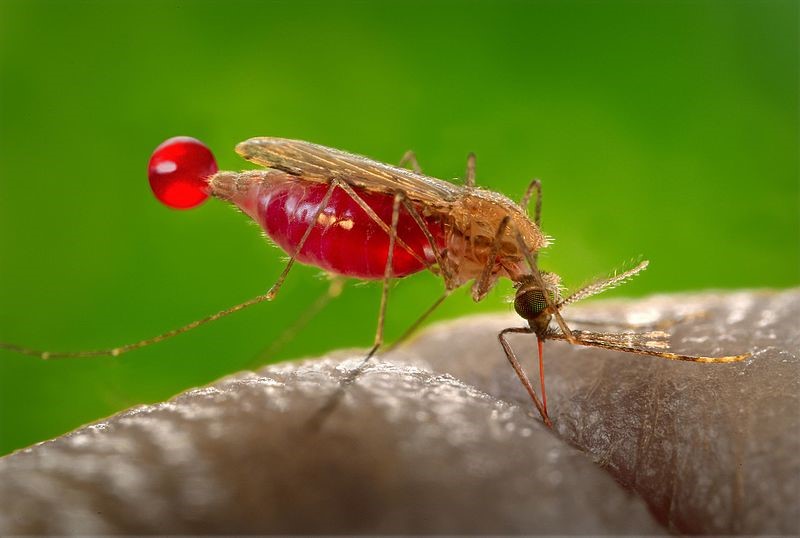
The largest mosquito genetic study, now published in the journal Nature, reveals the movement of insecticide resistance between different regions of Africa and finds several rapidly evolving insecticide resistance genes. The research was developed by the Consortium of 1000 genomes of Anopheles gambiae, in which João Pinto, a professor at IHMT and a member of the Global Health and Tropical Medicine (GHTM) research center, participates and aims to use this genetic resource to develop new resistance to insecticides and to develop new control methods.
Researchers from the Consortium of 1000 genomes of Anopheles gambiae sequenced the DNA of 765 Anopheles mosquitoes from natural populations from 15 locations in eight African countries, the largest mosquito genetic study ever conducted. The study shows that mosquitoes caught in Africa are genetically more diverse than previously thought, which helps explain the rapid evolution of insecticide resistance in mosquitoes.
The Consortium of the 1000 genomes of Anopheles gambiae results from an international collaboration aiming at the use of whole genome sequencing to obtain a high resolution characterization of genetic variation in natural populations of Anopheles gambiae, the main vector mosquito vector of Plasmodium falciparum malaria in Africa.
According to the World Health Organization, malaria has killed some 429,000 people by 2015, most of which have been reported in sub-Saharan Africa.